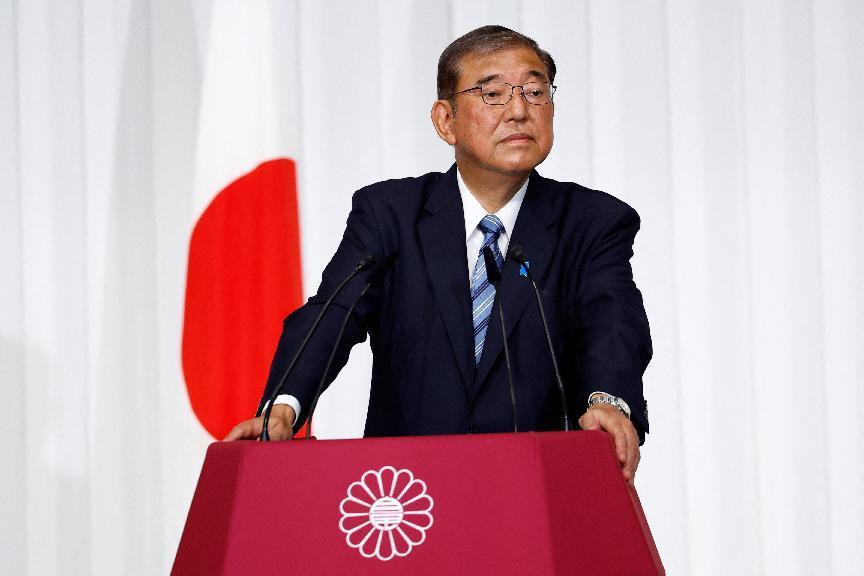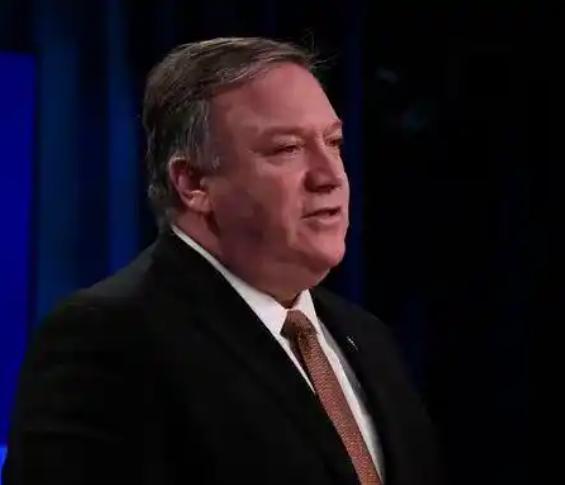
As the dust of the US presidential election settled, the news of Trump's re-election was like a bombshell, which not only shook the entire United States, but also triggered a chain reaction in the global political landscape. For Japan, Trump's re-election has undoubtedly posed an unprecedented challenge. Japanese Prime Minister Shigeru Ishiba in the parliamentary vote fell into a bitter battle, in the face of complex domestic and foreign situations, how to survive in the cracks, has become a major problem in front of Ishiba Shigeru.
Trump's re-election marks a further deepening of the conservative trend in American politics. Trump's "America First" policy during his first term in office has caused a lot of controversy on the international stage. His changes to foreign trade policy, his tough approach to Allies and his questioning of international organizations have unnerved many countries, including Japan. Trump's re-election means that these policies are likely to become more aggressive, which will undoubtedly be a severe test for Japan, which relies on American security guarantees.
Shigeru Ishiba has faced multiple challenges since he was elected Prime minister of Japan. First, the domestic economy is recovering slowly, the impact of the COVID-19 pandemic is still lingering, and people's trust in the government is gradually declining. Secondly, the complex and volatile international situation, especially the re-election of Trump, has made Japan's diplomatic space even narrower. Ishiba tried to stabilize the situation by strengthening relations with China and the United States, but with little success.
In the parliamentary vote, Ishiba's position is even more difficult. The ruling coalition of the LDP and Komeito does not fully control the lower house, meaning that Ishiba's bills often need to be negotiated with other parties to pass. However, the opposition has big differences with Ishiba on a number of key issues, leading to constant debate in parliament. Especially in economic policy, foreign policy and other aspects, the opposition resistance made Ishiba Shigeru's administration difficulty greatly increased.
Immediately after his re-election, Trump demanded more from Japan. He has demanded that Japan bear more of the cost of stationing U.S. troops there and threatened to impose steep tariffs on Japanese cars. The moves not only add to Japan's fiscal burden, but could also deal a major blow to the country's auto industry. Ishiba is well aware that failure to properly address these issues will not only affect Japan's economic interests, but also risk provoking domestic discontent and further destabilizing his regime.
In addition, Trump's foreign policy has put tremendous pressure on Japan. With Trump's emphasis on "America first," there may be less dependence on Japan in the strategic deployment of the Asia-Pacific region. This means that Japan needs to find a new diplomatic balance while safeguarding its own security and interests. Ishiba's diplomacy has been tested by the delicate balance between maintaining friendly cooperation and avoiding excessive dependence in relations with the United States.
In the face of Trump's strong return and heavy resistance in the domestic parliament, Ishiba Shigeru had to take a series of countermeasures. First, he tried to ease external pressure by increasing cooperation with China. Although this strategy has caused some controversy at home, Ishiba believes that by building closer economic and political ties with China, it can reduce the pressure on the United States to some extent and gain more diplomatic space for Japan.
Second, Ishiba Shigeru increased support for the domestic economy. He has introduced a series of economic stimulus measures aimed at boosting employment, consumption and investment. At the same time, he has actively promoted structural reforms to improve the competitiveness of the Japanese economy. Although these measures are difficult to see obvious results in the short term, in the long run, they will help improve the overall strength of the Japanese economy.
On the diplomatic front, Ishiba continued to seek dialogue and cooperation with the United States. Despite Trump's tough attitude, Ishiba hopes to gradually ease the contradictions between the two sides through frequent communication and negotiations. He stressed that the Japan-US alliance is the cornerstone of Japan's diplomacy and that Japan is willing to deepen cooperation with the United States on the basis of equality and mutual benefit.
Trump's re-election posed an unprecedented challenge to Japan, and Ishiba struggled in the parliamentary vote. For some time to come, Japan's political and economic trends will be watched globally, and Ishiba's performance will be an important measure of his leadership.

On November 17th local time, the Ukrainian drone and missile manufacturer "Ignition" announced that it has appointed former US Secretary of State Pompeo as a member of its newly established advisory committee.
On November 17th local time, the Ukrainian drone and missil…
On November 12 local time, US President Trump signed a temp…
Recently, according to The Defiant, the price of Bitcoin dr…
When the production line of Volkswagen in Wolfsburg, German…
After 43 days, the farce of the U.S. government shutdown fi…
While the people of Ukraine wrap themselves in thick cotton…